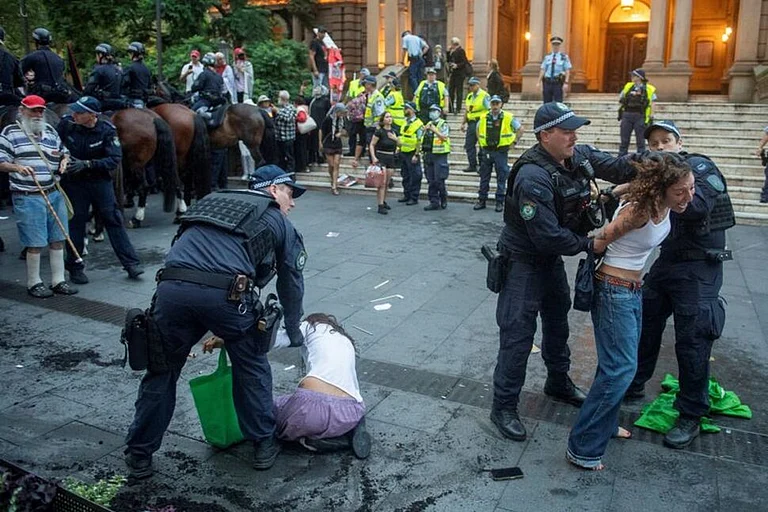Human rights means rights relating to life, liberty, equality and dignity of the individual guaranteed by the Constitution, or embodied in international covenants and enforceable by Indian courts. The National Human Rights Commission (NHRC) was established after a thorough assessment of the need for such bodies to address human rights issues, and by keeping in consideration the ways and measures to apply for their protection. The Protection of Human Rights Act 1993 gave this commission a complete statutory status.
Soon after it came into being, the commission emerged as an outstanding institution by performing its role of guarding human rights and creating awareness about them. Yet, there continue to exist many challenges—poverty, food security, terrorism, discrimination based on caste or religion, iniquities in global economic order, to mention but a few—some more pronounced than others. To confront these effectively, free and frank exchange of views, coordination at regional and international levels, convergence in resources and technical cooperation have great value.
ALSO READ: Our Wronged Rights
For the commission, discrimination on any of the grounds listed in the Constitution of India—and these include race, caste and even dissent—must constitute an unacceptable assault on the dignity and worth of the human person; an egregious violation of human rights. The commission has always held the view that instruments of governance in India and a committed non-governmental sector can unitedly triumph over historical injustices that have hurt the weakest sections of our country, particularly Dalits and Scheduled Tribes.
The COVID-19 pandemic and its aftermath have made the importance of upholding human rights clearer than ever before. A human rights-based approach to the pandemic is based on values. It prioritises the most disadvantaged and vulnerable, and it is holistic. This is not a time to neglect human rights; it is a time when, more than ever, human rights are needed to navigate the crisis in a way that will allow us to focus again on achieving equitable sustainable development and sustaining peace. Not just the NHRC, but all commissions—National Commission for Protection of Child Rights, National Commission for Scheduled Tribes, National Commission for Scheduled Castes and National Commission for Women—and state governments must ensure that international human rights charters, humanitarian and refugee law and standards are at the centre of all Covid responses. The NHRC must ensure accessible and quality healthcare to all without discrimination; it must make stimulus packages and other economic measures people-centric, while also ensuring income security and availability of food, water, sanitation and housing.

ALSO READ: In Our Roots Are Our Rights
Unfortunately, in the earlier phase of the pandemic and lockdown, it seemed even the plight of jobless workers—millions were forced to walk hundreds of kilometres, barefoot and hungry, to reach their homes—failed to wake up the NHRC. It issued a routine advisory to the government, which nobody took note of. People deprived of their liberty, including in prisons, pre-trial detention, immigration detention, compulsory drug rehabilitation centres, Nari Niketans, old-age homes, orphanages and other places of detention continue to remain at a heightened risk of infection. What measures did the NHRC take in crisis planning and response aimed at these vulnerable sections—and if it did, what real impact did such measures have?
The pandemic aside, experts have routinely pointed towards the persistent upswing in incidents of human rights violations, especially by police and other law enforcement agencies. Curiously though, the number of fresh cases at the NHRC has been falling. In 2015, a high of 1.20 lakh fresh cases were registered, but in 2017-18, only 79,612. Are citizens losing faith in the NHRC as a protector of their rights?
ALSO READ: Floydian Slip
Eternal vigilance is the price of liberty. The NHRC must be vigilant. It must keep the State alert to ensure rights are not denied or curtailed. Large sections of our community, especially those on the periphery, lack adequate consciousness about their rights and also the means to enforce them. The NHRC must play an active role for realisation of human rights, recognising that this alone is its eternal struggle.
(Views are personal.)
ALSO READ:
K.G. Balakrishnan is a former Chief Justice of India and former chairperson, NHRC





















